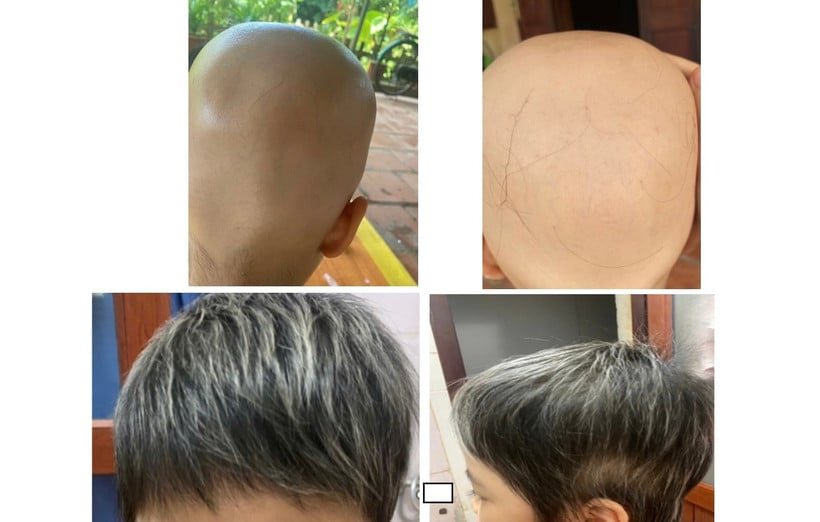
Dr. Vu Thai Ha, Head of the Department of Research and Application of Stem Cell Technology (Central Dermatology Hospital) examined, took medical history and initially diagnosed that the child had total scalp hair loss, smooth scalp skin, no redness, scales, hair loss or other accompanying diseases. Taking into account the family history, no one had a similar disease. Based on clinical findings, the doctor determined that this was total hair loss - a severe form of alopecia areata.
Tests including hair analysis (Trichoscopy), blood tests, thyroid and antinuclear antibody (ANA hep-2) showed that the patient was consistent with a diagnosis of alopecia totalis, no thyroid autoimmune disease or other autoimmune diseases were detected.
Due to the severe level of hair loss, the child was prescribed oral dexamethasone combined with methotrexate and then switched to oral cyclosporin treatment, but both treatments failed. After that, the patient was consulted and considered switching to oral Janus kinase inhibitors, which showed very positive signs, and hair gradually grew back. The child continued to be prescribed Janus kinase inhibitors and was closely monitored clinically and laboratory. After 1 year of treatment, hair had grown back on the entire scalp, the hair roots were strong, and the hair pull test was negative.
Alopecia areata (AA) is a localized non-scarring hair loss, considered an organ-specific autoimmune disease, mediated by CD8 T-cell autoreactivity against hair follicles and sometimes nails. Approximately 5% progress to alopecia totalis (ACL) and 1% to alopecia totalis (ACL). The disease usually occurs in young people, is the most common form of hair loss in children, and affects men and women equally.
Recently, Janus kinase inhibitors, which block T-cell-mediated inflammatory responses by inhibiting the Janus kinase and activator of transcription (STAT) signaling pathway, have been shown to be effective in treating hair loss in patients with alopecia areata.
Based on this, after the patient did not respond to traditional treatments such as dexamethasone, methotrexate and cyclosporin, the doctors decided to prescribe Janus kinase inhibitors. After discussing the benefits and risks with the family, Dr. Vu Thai Ha said that this measure was an off-label indication after previous treatments did not respond. During the treatment, the patient was closely monitored for side effects of the drug and paraclinical indicators. After one year of treatment, hair grew back to cover the scalp, with no significant side effects recorded.
According to Dr. Vu Thai Ha, the Department of Research and Application of Stem Cell Technology is managing nearly 1,000 patients with alopecia areata, many of whom are severe. Notably, this unit has also applied many treatment methods, from topical medications, systemic medications to new regimens, especially Janus kinase inhibitors. In addition, local procedures such as corticosteroid injections, Intracel... are combined to optimize effectiveness. However, doctors recommend that people who experience the above condition should go to a specialist facility for proper treatment to avoid wasting money and getting sick.
Source: https://nhandan.vn/dieu-tri-thanh-cong-cho-chau-be-7-tuoi-rung-toc-toan-the-bang-thuoc-uc-che-janus-kinase-post921605.html







![[Photo] Cutting hills to make way for people to travel on route 14E that suffered landslides](https://vphoto.vietnam.vn/thumb/1200x675/vietnam/resource/IMAGE/2025/11/08/1762599969318_ndo_br_thiet-ke-chua-co-ten-2025-11-08t154639923-png.webp)


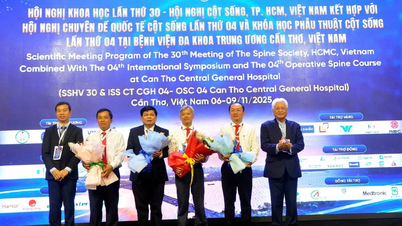


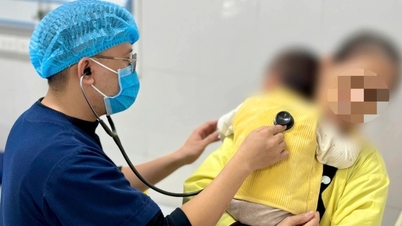
























![[Video] Hue Monuments reopen to welcome visitors](https://vphoto.vietnam.vn/thumb/402x226/vietnam/resource/IMAGE/2025/11/05/1762301089171_dung01-05-43-09still013-jpg.webp)






























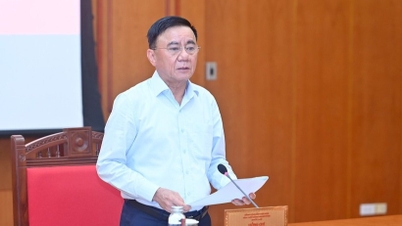






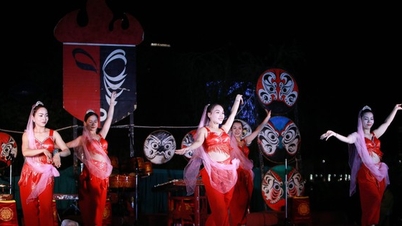


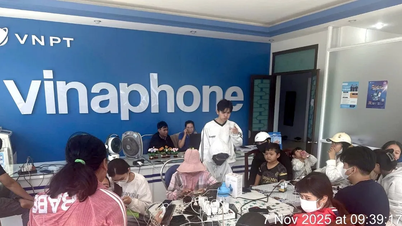


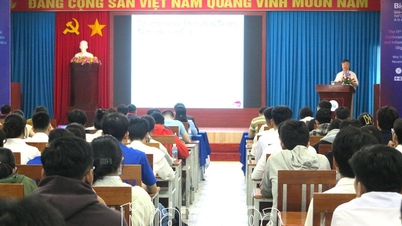





![Dong Nai OCOP transition: [Part 2] Opening new distribution channel](https://vphoto.vietnam.vn/thumb/402x226/vietnam/resource/IMAGE/2025/11/09/1762655780766_4613-anh-1_20240803100041-nongnghiep-154608.jpeg)













Comment (0)